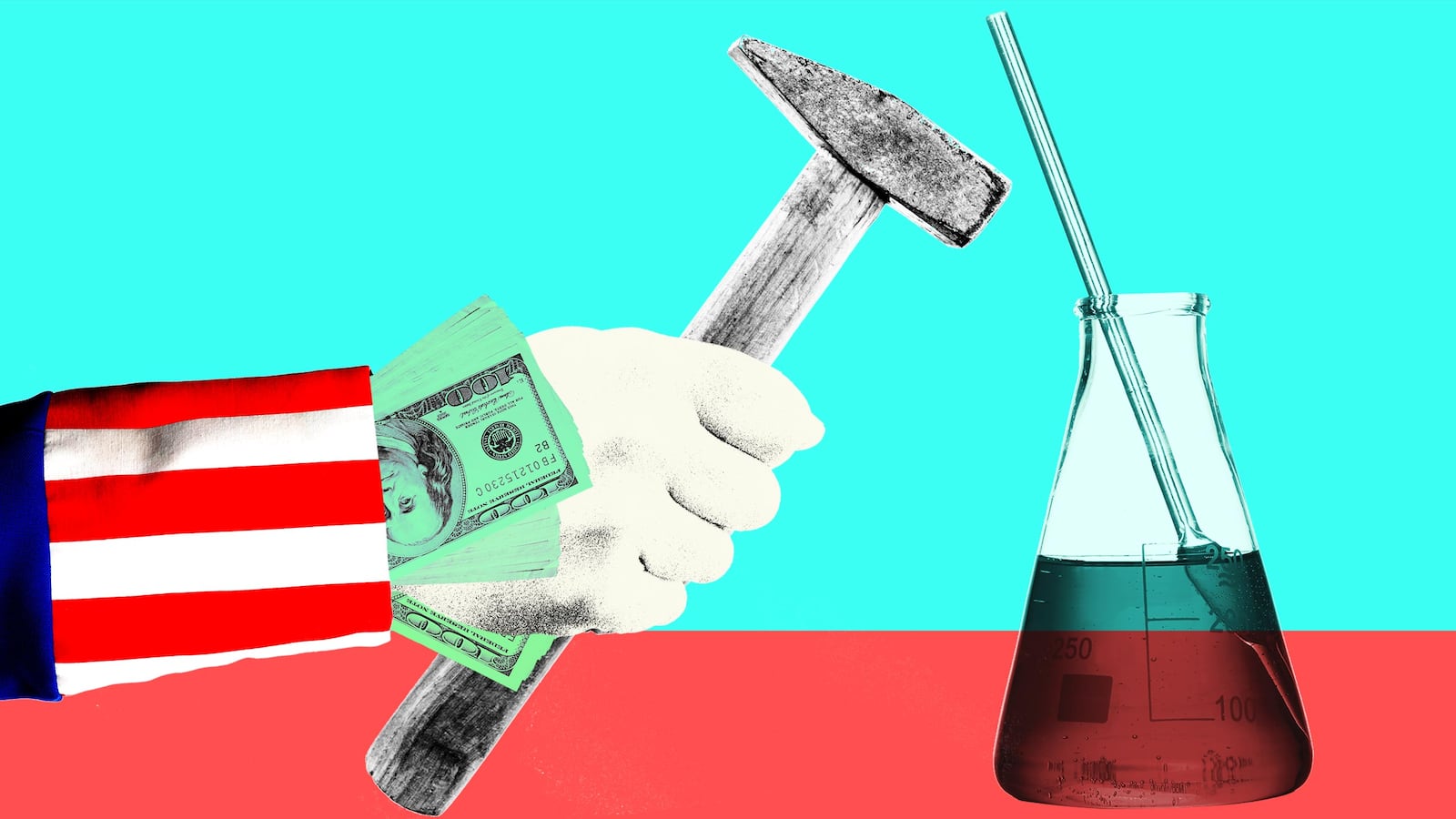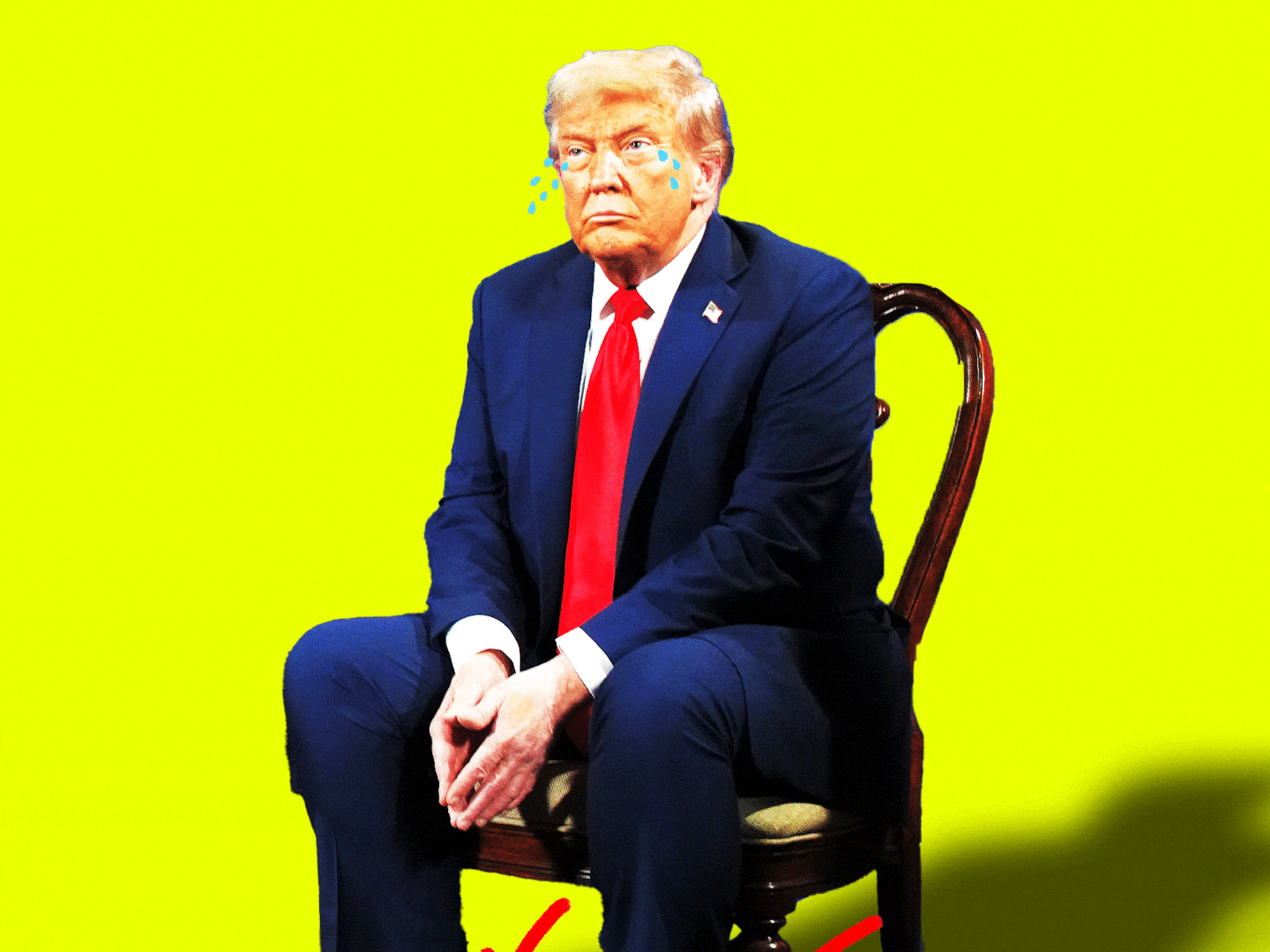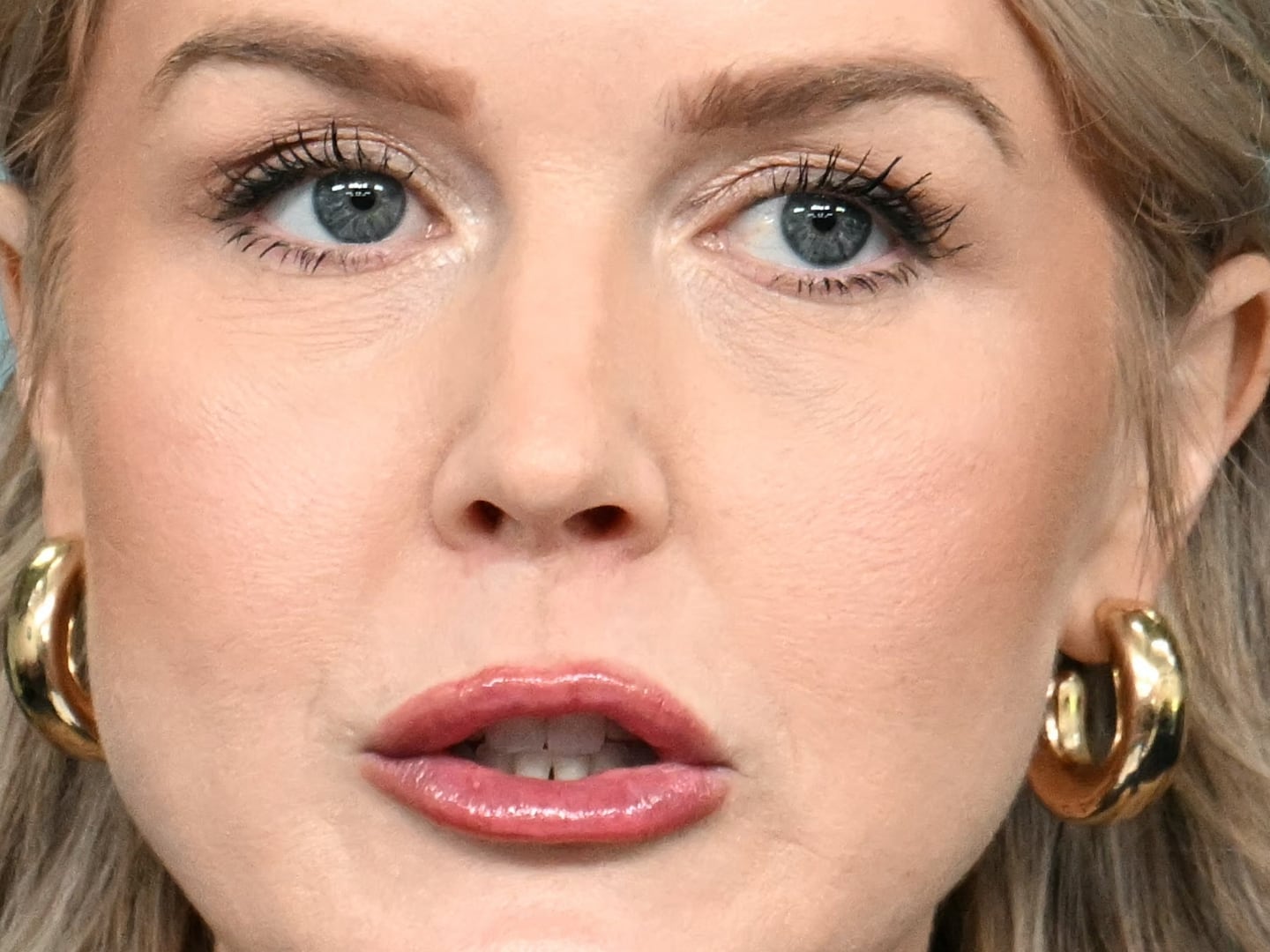Emily Slonecker is a second year PhD student student at the University of California, Irvine studying developmental cognitive research. She currently earns about $19,000 per year after taxes. The new tax plan, however, would drop her income from her work at the lab to about $16,000 a year in one of the most expensive places to live in America, or about $1300 a month. With her fixed monthly expenses ringing in at $1680, however, Slonecker is nowhere close to making the money she needs to live—and that doesn't even begin to cover the loans she's accumulated from her undergraduate years. "But that's a whole other can of worms," she brushed off. "If this thing passes and the school is unable to find a loophole, I will have to walk away from the path I have dreamed about my entire life, as will many students. I don't know anyone who can survive on a negative net income for six years."
Slonecker's dire situation worries of her living costs might be the classic story of the poor graduate student: making ends meet with a patchwork of teaching jobs, grants, and, most importantly, scholarships waiving tuition that make spending long hours in the lab a fair tradeoff.
Beyond making graduate education impossible for the foreseeable future should it pass, the new tax bill has the potential to stymie fundamental science research in labs.
Here's how. The Tax Cuts and Jobs Act that passed the House by 227 Republican votes on Thursday repeals Section 1204 of the new bill, which, under the current tax code, offered an exemption for "Interest Payment on Qualified Education Loans, Tuition & Related Expenses, Interest on United States Savings Bond, Qualified Tuition Reduction, and Employer-Provided Education Assistance."
In plain English, that means that tuition waivers were not considered taxable income and were therefore exempt. The proposed new tax code, however, views that waiver as taxable income.
Which is a big deal. On the lower end of the potential taxable scale are graduate students at public universities who claim addresses in-state, with a tuition bill that's close to $50,000; on the higher end is the double whammy of being an international student at a private university, which can lead to bills inching close to $100,000. In other words, almost every graduate student receiving a tuition waver would be actually paying to earn their degree.
Surya Aggarwal is the chair of the advocacy board of the National Association of Graduate-Professional Students (NAGPS) and spent Friday morning on the Hill, speaking to lobby groups and representatives on the fence about the bill about the devastating effects of tacking on taxes on tuition wavers. Aggarwal is a PhD student in biology at Carnegie Mellon University and studies why streptococcus pneunomia can be drug resistant, eventually causing lung infection.
He is also an international student—he earned his undergraduate degree in New Delhi, India before getting his master's degree in the United Kingdom. For him, his PhD would have been impossible without this exemption, particularly because many of the grants available to domestic students aren't available to international students.
Aggarwal is in his last year of his PhD but said if he was earlier on in his career, he would have had to drop out. "I wouldn't be able to take federal loans," he pointed out. "I'd probably go back [home to India]."
Aggarwal isn't the only one who'd have gone home, and in fact, many students who are not as close as he is in completing his degree are considering dropping out. Lana Ruck is a third-year anthropology student at Indiana University, earning about $16,000 an academic year; a private grant pays for her summer. Ruck is originally from Texas and would pay out-of-state tuition if she didn't get a waiver, which is about $44,000 a year. "That's more than half of my yearly pay," she said. "I have so many loans from my undergraduate years too. Honestly, I would probably just take the master's and leave the university and get a job." And if Ruck can't get a job? Her research uses fMRI machines to understand how the brain interprets hand movements and language, and the job prospects she was aiming for were more academic.
She sighed. "I guess I'd move in with my parents."
Aggarwal said that even if students dropped out to save money, they'd most likely have graduate student loans to pay off, which have interest rates that are about 2% higher than undergraduate loans. That might not seem like much, but it stacks up in addition to tuition and undergraduate loans to become a pursuit that's not financially feasible for many people.
The threat of a tuition waiver tax is dangerous not only to students who are thrown on a perilous tightrope due to their situation but those who are even considering graduate school. "If they [incoming students] aren't able to sustain themselves, they're going to look at other avenues: Canada, Europe, Australia, maybe even China," Aggarwal said.
Which ultimately affects science research in the United States. "Graduate students are the ones working in labs, doing the research," Aggarwal said. Professors and advisors guide these students, but the lion's share of research being published every day in journals across the country and being performed in labs is done by graduate students. Not having to pay for tuition allows graduate students to spend long hours in the lab and researching. Without the tuition waver, however, student productivity will be affected. "In the back of your mind, you're going to worry about how to pay your bills," Aggarwal said—taking jobs, reducing the amount of time you're at lab, and, putting salt in the wound, forcing you to spend more semesters at school, which makes it more expensive.
The domino effect means the state of American science suffers a blow that will be hard to recover from. The United States has been facing increasing competition from other countries in attracting top-tier candidates to its research facilities, and charging a tuition tax on students who are barely making ends meet certainly doesn't help the American science education PR campaign. That not only affects the coffers of American universities that rely on research to earn grants and funding for its programming, it affects the field as a whole. If labs have reduced or even completely empty presences, scientific progress is impeded. Another lab in another country might get to a conclusion faster, or a discovery might not be made at all.
In an age where science has a more prominent role than ever before, it's hard to not see the role of the administration's push towards giving wealthier individuals tax credits while believing that graduate students can afford to pay for their tuition. It's ignorant at best, detrimental and short-sighted at worst to the investment of science in our lives. The cure to your future disease, the ability to use technology to make your life easier, research highlighting the dangers of certain lifestyles or foods—all that disintegrates when the capability for people to pursue science transforms into a pay-to-play model, permitting only those who are wealthy to go to graduate school and offer their knowledge and creativity towards solving problems.
And that in itself is one of the most dangerous parts of the tuition tax: It ultimately harms those who are minority students, women, and immigrants the most. These are the groups that have traditionally been barred from advanced study and have to pay more in terms of schooling and sacrifices to earn a spot in graduate school in the first place. By reducing the group of people who are doing science to privileged white American-born males, American science becomes ironically un-American, losing the diversity that has helped shape it as the most dynamic in the world, the variety of viewpoints and educational systems that make collaboration in a world-class research institution possible to creating hypotheses that challenge the status quo. If you're just doing the same thing that's been done already and don't have a voice that offers something different in life experience, what's the new thing you're discovering?
The future of science research in this country, then? Pretty bleak, but not without hope. The tax bill doesn't include the tuition tax clause in the Senate version, which means if the Senate passes the overhaul, the House and Senate have to agree on a unified version—buying graduate students some time to lobby their representatives but not a lot of comfort.
Graduate students are writing their representatives, though that gets messy when you're from one state and going to school in another, as Ruck has discovered. Her home representative is Sen. Ted Cruz, but she says she's only received canned responses from him and isn't surprised since she's a student in Indiana. On the Monday after Thanksgiving, graduate students are staging a mass walkout across the country, backed by the organizers of the March for Science staged earlier this year on Earth Day.
Aggarwal's term ends next month, in December. He said that while he isn't going to be able to be the voice at the table after that to push for students, he's worried. "I'm graduating as soon as possible," he said. "But I'm aware that I'm lucky. For other students, this means dropping out of grad school, or not attending in the first place."






